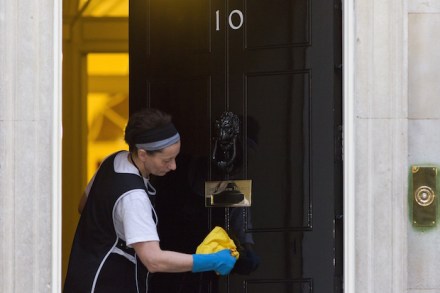The Spectator at war: Catching the train
From ‘Catching the Train’, The Spectator, 17 July 1915: ENGLISHMEN have many exasperating habits, but perhaps the most exasperating of all is that of running a train so fine that they only just catch it. What the normal healthy, unnervous Englishman likes to do is to arrive at the railway station one minute before the train starts, walk up the platform a little agitated inside but outwardly very calm and ostentatiously slow in movement, saying to any one he meets that there is not the slightest need to be in a hurry, as there are still twenty-five seconds before she is due to start. “Besides, all the carriage doors are



















